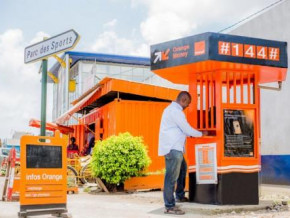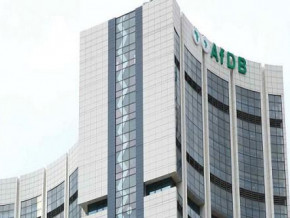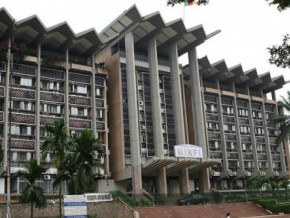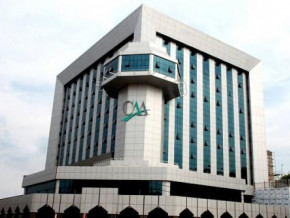
CEMAC: Employers' grouping UNIPACE requests a 6-month grace period for the implenemnetation of the new foreign exchange regulation

(Business in Cameroon) - On May 11, 2021, the Central African Employers' Union (UNIPACE) held an extraordinary meeting to review the problem caused by the new foreign exchange regulation in force in the CEMAC region since December 2018. The notable point discussed was the processing of import domiciliation files.
“UNIPACE members note that on April 14, 2021, Equatorial Guinea obtained a 6-month grace period from the BEAC for the implementation of the said regulation. Due to the similarity of the problems encountered and to ensure fairness, the members are asking for the same grace period for all the countries in the sub-region,” the UNIPACE writes in the minute of that meeting.
The problems referred to by the UNIPACE are notably the collection of the receipts required by banks for operations that should be settled, receipts from various administrations, the non-justifications of some canceled transactions even though all the required paperwork are provided as well as the transfer of some archived paperwork.
Shortage risks
“Those problems and shortcomings cause significant obstructions in the transfer operations and slow commercial activities. Because of those obstructions, there are already visible signs of food product shortages in some markets. There are also obvious risks that the supply of raw materials, equipment, and spare parts are disrupted,” the UNIPACE adds.
The Union stresses that for many companies, the breakdown threshold will be reached before the end of May 2021. Should this situation materialize, there will be a complete cessation of activities in some important sectors like agribusiness, it informs explaining that despite the various actions carried out to call national authorities and the BEAC’s attention to the problem, there is no obvious result.
According to article 6 of the law n° 02/Cemac/Umac/CM of December 21, 2018, regulating foreign exchanges in the CEMAC region, fund transfers must be processed only when the origin of the funds is justified by the paperwork required by the law. All these processes are overseen by the Central Bank to avoid the flight of currencies needed for importation.
The same law provides that the required paperwork can be submitted after the transfers are processed in accordance with the instruction n° 007/GR/2019 outlining the terms and conditions governing declaration of import domiciliation operations.
The shame and blame game
According to the central bank BEAC, the problems encountered by companies in the implementation of the new requirements are caused by banks that request unreasonable documentation that is sometimes unrelated to the purpose of the fund transfers. Meanwhile, banks also claim that they are just applying the new regulation in force in the CEMAC region.
Sylvain Andzongo
Mags frontpage
- Most read 7 days
- shared 1 month
- read 1 month






























